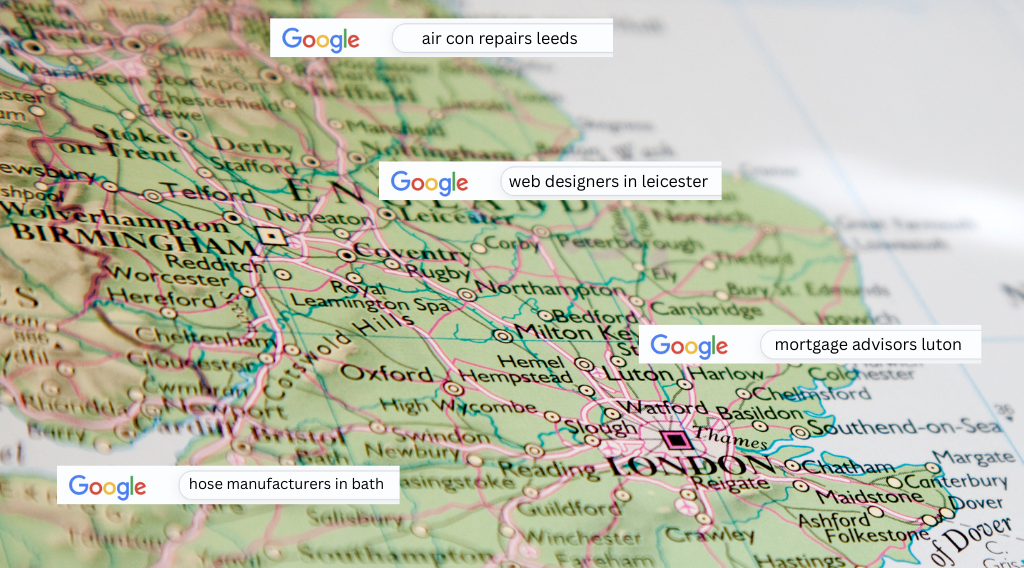How to Create the Perfect Marketing Strategy for your Business
How to create the perfect marketing strategy for your business
Every business needs to have an effective marketing strategy in order to succeed. Without a well-defined plan, it can be difficult to determine what your target audience is, which products or services you should be promoting, and how you'll differentiate yourself from the competition. A successful marketing strategy involves understanding your customers’ needs and wants, identifying where you fit in the market, and deciding on the most cost-effective way of reaching out to potential customers.
What Is ‘Marketing Strategy’?
Having an effective marketing strategy is essential for businesses wanting to stay competitive in today’s ever-changing market. A marketing strategy is the combination of planning and implementation of activities that help a business meet its goals and objectives. It’s about creating an action plan to find, reach, and engage customers; build brand loyalty; increase sales and profits; and maintain a competitive edge.
Without a clear marketing strategy, it can be difficult for businesses to know what their next steps should be or how they can maximise returns on their investments. A good plan will take into account current customer needs and trends while also accounting for the unique challenges each business faces. By understanding their target audience, analysing competitors in the industry, setting attainable goals, launching creative campaigns, measuring results accurately, and monitoring customer feedback – businesses can define the right strategy that works best for them.
Maximise Marketing Potential
In conclusion, businesses need a marketing strategy to maximise their potential. A successful strategy should include clear objectives, an understanding of customer needs, ROI analysis and careful consideration of the competitive landscape. Businesses must also be aware of digital marketing trends and use them to their advantage. The right marketing plan can drive sales and provide a competitive edge in the marketplace.
The key to success is creating an effective strategy that helps achieve business goals while remaining cost-effective. It’s important to assess the current situation, research customer needs and analyse competitors before developing any plans or tactics. Additionally, it’s crucial to implement measurement tools so results can be tracked and analysed over time. With the right strategy in place, businesses can make smarter decisions on how best to allocate resources for maximum return on investment (ROI).
Creating and implementing marketing strategy
H10 have helped 100s of businesses to excel with their marketing, and achieve their goals. We can also help to create and implement marketing strategy. Contact us to speak to a member of the team today.
















